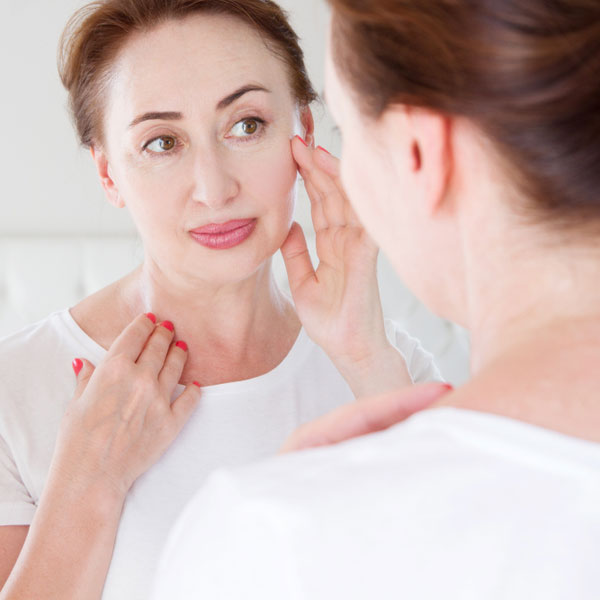May 18, 2021
The following provides information on the nutrients proven to boost skin health and replace beauty interventions and fillers in some cases.
Vitamin D
It is well known that UV light can damage the skin, but 10 to 15 minutes of daily exposure to sunlight without sunscreen is essential to help us manufacture vitamin D. After cholesterol converts to vitamin D in the skin, the vitamin D travels to the liver and kidneys and gets delivered to body tissues to assist in the creation of healthy cells, including skin cells. We recommend an intake of around 1000 IU of vitamin D daily if you are not deficient - (a 100-gram serving of farmed Atlantic salmon contains about 500 IU of vitamin D and 100g of wild-caught salmon has around 990 IU).
Vitamin C is popular in skin products, especially anti-aging ones because it is essential for collagen production. Taken in tablet form, it helps in the healing process of wounds and scars and, in some cases, reduces the appearance of wrinkles.
We recommend 1,000 mg per day of vitamin C - (one kiwi has around 93mg, a cup of strawberries or oranges has 100 mg, and tomatoes, bell peppers, and broccoli are all good sources of vitamin C.
Vitamin E is an antioxidant like vitamin C, and its main job is to absorb the harmful UV light from the sun to prevent dark spots and wrinkles. We do not need more than 15mg of vitamin E a day, and we can easily achieve that by eating raw almonds (a handful has around 10mg), sunflower seeds (1oz provides 10mg of vitamin E), or avocados (5mg in a medium avocado).
Probiotics: There is growing evidence that probiotics may help prevent and treat skin conditions like acne, eczema, and skin damage resulting from sun exposure. Probiotics boost the production of lipids (ceramides specifically) that keep our skin moist and are found in fermented foods such as yogurts, kimchi, kefir, or in over-the-counter supplements.
Zinc is a trace mineral known to promote good hormonal balance, particularly important for acne treatment. 100 grams of beef provides roughly 4mg of zinc, and we need around 8-10mg of zinc a day. Grass-fed beef is preferable. Vegetarian sources of zinc are flax seeds and pumpkin seeds.
Selenium is known to boost general immunity by reducing free radical damage. We need a maximum of 55mg per day, and one brazil nut covers more than 150% of our needs. Seafood is another excellent source.
An easy meal to boost your intake of selenium and zinc is an acai bowl with two tablespoons of flaxseed and pumpkin seeds and one ground brazil nut – a dish high in antioxidants, anti-inflammatory, and skin-loving.
Tina Choueiri Chagoury
Licensed Clinical Dietician LD-BSc-MPH
Adjunct Instructor – College of Health Sciences
Abu Dhabi University

